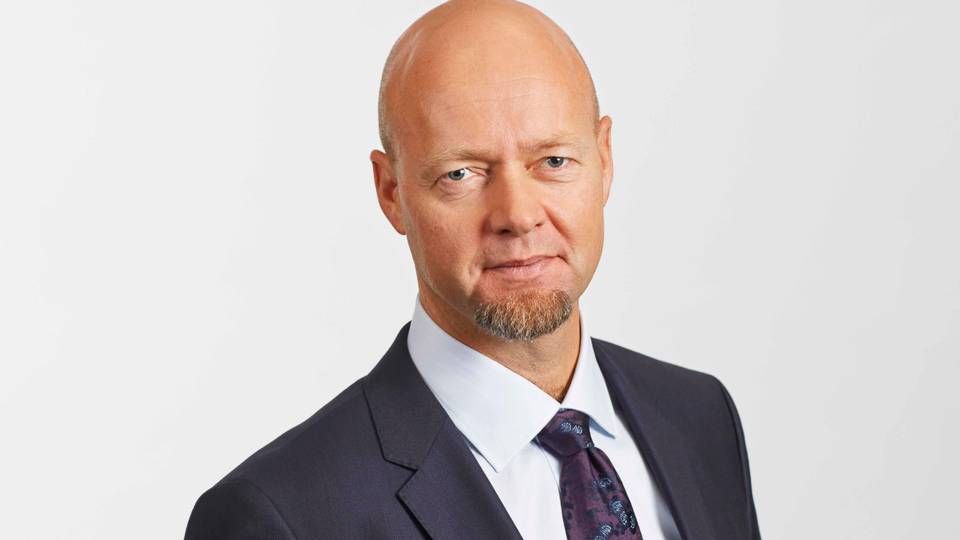Norwegian academics oppose letting oil fund invest in private equity

Amid a rash of new proposals and public commentary about how Norway's sovereign wealth fund, the Government Pension Fund Global (GPFG), should be run, the country's finance ministry has enlisted the help of leading academics – including two from neighbouring Sweden.
Two expert groups have been tasked with assessing how much risk the fund should take, and whether it should be set free to invest in unlisted equities.
Trond Døskeland, associate professor at the Norwegian School of Economics, and Per Strömberg, professor at the Stockholm School of Economics have been appointed to look into the possible addition of private equity.
Meanwhile, professor Magnus Dahlquist at the Stockholm School of Economics and professor Bernt Arne Ødegaard at the University of Stavanger are to assess Norges Bank's management of the GPFG, in particular coming out with advice on whether the size of its relative risk budget – or expected tracking error limit – should be changed.
The oil fund is managed by Norges Bank Investment Management (NBIM), an arm of the central bank Norges Bank.
High correlation with public equity investments
Karin Thorburn, research chair professor of finance at the Norwegian School of Economics – who has previously been involved in reviews of the oil fund – argues against making either one of these changes to the fund's mandate.
"The returns of private equity (PE) investments are highly correlated with those of public equity investments," she tells AMWatch.
Current academic research is inconclusive on whether limited partners (investors committing capital) get a risk-adjusted excess return on their PE investments, she says.
It appears that the PE firms – general partners – may be able to capture the value creation in these transactions through large fees.
"This is why several high-profile large funds, such as CalPERS (the pension fund for public employees in California), recently have withdrawn from investing in PE," she says.
Evidence is against active management
Thorburn contends that the success of the GPFG's investment mandate relies on its use of well-established academic evidence by harvesting returns from a broad, well-diversified portfolio.
There is conclusive academic evidence, she says, that active management does not pay off.
"A passive index strategy on average beats the active strategies by a couple of percent," Thorburn says.
"An increase of the tracking error means that NBIM would be allowed to increase the actively traded share of the portfolio, which goes against current trends where investors increasingly rely on passive index strategies," she says.
Meanwhile, Espen Henriksen, associate professor of financial economics at BI Norwegian Business School, says: "Based on what I know today, I would not have recommended allowing the fund to invest in private equity or further increasing the tracking error."
But Henriksen, who has been an adviser to the Norwegian government on the oil fund's strategic portfolio composition, says he is looking forward to the reports.
"I have the greatest respect for professors Per Strömberg and Magnus Dahlquist, and I am curious to read their analyses and recommendations," he says.
General election affects investment debate
Public debate around the GPFG has swelled this summer, with the upcoming Norwegian general election next month a likely factor behind some of the talk.
The government commission led by former governor of Norges Bank Svein Gjedrem in June came out with a recommendation that the fund be managed by a separate statutory entity, rather than by Norges Bank.
That new entity should have a government-appointed board, the commission said.
Former government minister and a politician in Norway's Centre Party Marit Arnstad then suggested in a press interview that the Gjedrem recommendation opened the way for moving the oil fund's management out of Oslo, to Bergen or Trondheim, for example.
Public statements add uncertainty
Henriksen said one effect of the Gjedrem committee's statement had been to add uncertainty both about organisation and the investment strategy of the GPFG.
"The committee should have analysed the crucial principal-agent challenge and focused on how to improve upon the key success factors of the Norwegian asset-management model," he says.
The Ministry of Finance acts as the custodian for the fund and defines the investment strategy.
"Open, systematic strategies in transparent markets and low tracking error have both allowed higher risk taking and returns than what would otherwise have been permissible, and been an effective intellectual bulwark against rent-seeking suggestions from asset managers, politicians and lobby groups," he says.
Henriksen argues the proposal for a separate board may give the manager – currently NBIM – even more influence over the mandate than it already has.
"That would be very unfortunate, both from a financial perspective and a governance perspective, and could effectively put the model of the fund at risk," he says.













